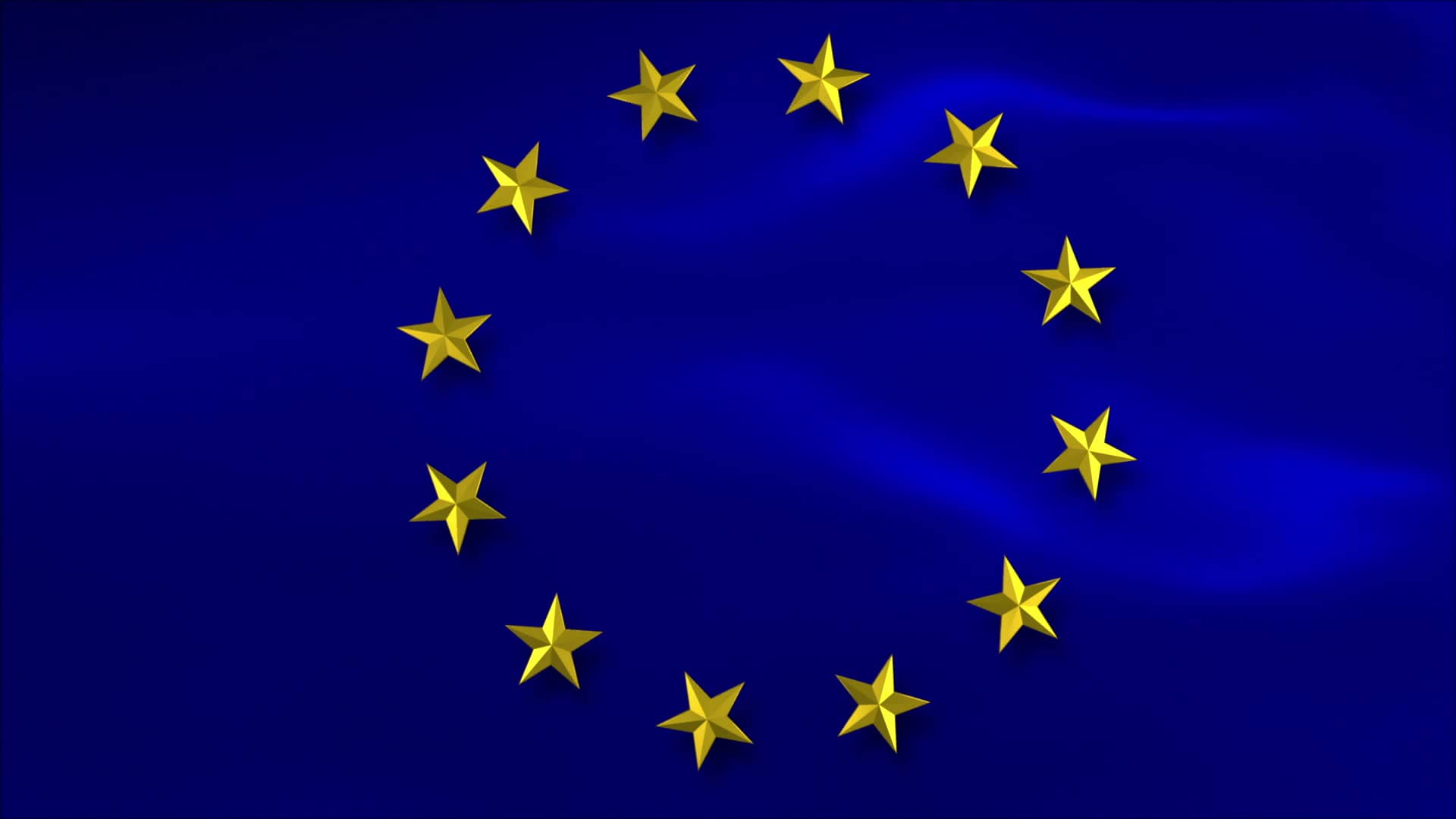
The European Union Tuesday named five Caribbean countries on a new list of non-cooperative tax jurisdictions which it said had been based on an “an intense process of analysis and dialogue steered by the Commission”.
The EU Finance Ministers said that based on the Commission’s screening, they have blacklisted a total of 15 countries.
They said, of those, five, namely Trinidad and Tobago, Samoa, Guam, American Samoa and the United States Virgin Islands have taken no commitments since the first blacklist adopted in 2017.
The European Finance Ministers said that Barbados, United Arab Emirates and Marshall islands that were on the 2017 list and moved to the grey list following commitments they had taken, are now backlisted for not having followed up.
The European said that seven other countries, namely Belize, Bermuda, Dominica, Aruba, Fiji, Oman and Vanuatu were moved from the grey list to the blacklist for the same reason. They said another 34 countries will continue to be monitored in 2019, while 25 countries from the original screening process have now been cleared.
“The list has proven a true success with many countries having changed their laws and tax systems to comply with international standards,” the EU said, adding that over the course of last year, the Commission assessed 92 countries based on three criteria: tax transparency, good governance and real economic activity, as well as one indicator, the existence of a zero corporate tax rate.
“Today’s update shows that this clear, transparent and credible process delivered a real change: 60 countries took action on the Commission’s concerns and over 100 harmful regimes were eliminated. The list has also had a positive influence on internationally agreed tax good governance standards.”
Last month, Caribbean Community (CARICOM) leaders at their 30th Inter-sessional summit in St. Kitts-Nevis said the blacklisting of CARICOM countries by the European Union (EU) has wrought considerable reputational damage to the Community.

“Despite all member states, with the exception of one, being removed from the EU blacklist, the damage inflicted is irreparable and has consequential implications for building Member States’ economic and climate resilience given their inherent vulnerabilities,” they said in the communique issued at the end of the two-day summit.
“Heads of Government emphasised the Community’s commitment to good governance and the drive to enhance Domestic Resource Mobilisation (DRM) in accordance with the United Nations (UN) Addis Ababa Action Agenda, while recognizing that small, highly vulnerable States also require access to external capital to build resilience.
The regional leaders said in this regard they viewed the EU’s approach to “tax good governance” as inappropriate.
“In addition, Heads of Government recall that the appropriate forum to deal with these matters is the OECD Forum for Harmful Tax Practices which is inclusive in allowing other member states to be present and to be consulted. This was settled by the global community more than a decade ago.
“The OECD (Organisation of Economic Cooperation and Development) has already reviewed the steps taken by member states and had no difficulty with them.
“It is an infringement of their sovereignty, coercive and harmful to the future of a key economic sector in CARICOM for the EU to demand these political commitments. In addition they have not provided any empirical evidence of instances of tax evasion,” the communique noted.
The EU’s Commissioner for Economic and Financial Affairs, Taxation and Customs, Pierre Moscovici, said “the EU tax havens list is a true European success. It has had a resounding effect on tax transparency and fairness worldwide.
“Thanks to the listing process, dozens of countries have abolished harmful tax regimes and have come into line with international standards on transparency and fair taxation. The countries that did not comply have been blacklisted, and will have to face the consequences that this brings. We are raising the bar of tax good governance globally and cutting out the opportunities for tax abuse.”
The EU said that its list has led to changes in global tax practices that would have been unimaginable only a few years ago.
It said conceived by the Commission and first agreed by member states in December 2017, it is a common tool to tackle risks of tax abuse and unfair tax competition globally.
“The process is fair with improvements made visible in the list and it boosted transparency with countries’ commitment letters published online. The EU listing process has also created a framework for dialogue and cooperation with the EU’s international partners, to address concerns with their tax systems and discuss tax matters of mutual interest.
The EU said that a letter will now be sent to all jurisdictions on the EU list, explaining the decision and what they can do to be de-listed.
“The Commission and Member States (Code of Conduct Group) will continue to monitor the jurisdictions that have until the end of 2019/2020 to deliver, and assess whether any other countries should be included in the EU listing process.
“The Commission will continue the open dialogue and engagement with the jurisdictions concerned, to provide technical support and clarifications whenever needed and to discuss any tax matters of mutual concern.”
Advertise with the mоѕt vіѕіtеd nеwѕ ѕіtе іn Antigua!
We offer fully customizable and flexible digital marketing packages.
Contact us at [email protected]

















The EU needs to be blacklisted
Agree with Hypocrisy
The EU is a joke and I wish Antigua would align itself closer with China’s financial system. China is the future and they don’t do this stupid ‘blacklist’ stuff.
By the way, does anybody else find it weird that the EU uses the term ‘blacklist’ when describing black-majority countries?
The Slave masterers grand-pickney is at again. There story is repeating itself. Arise Caribbean leaders. Don’t bend over to them….
Comments are closed.